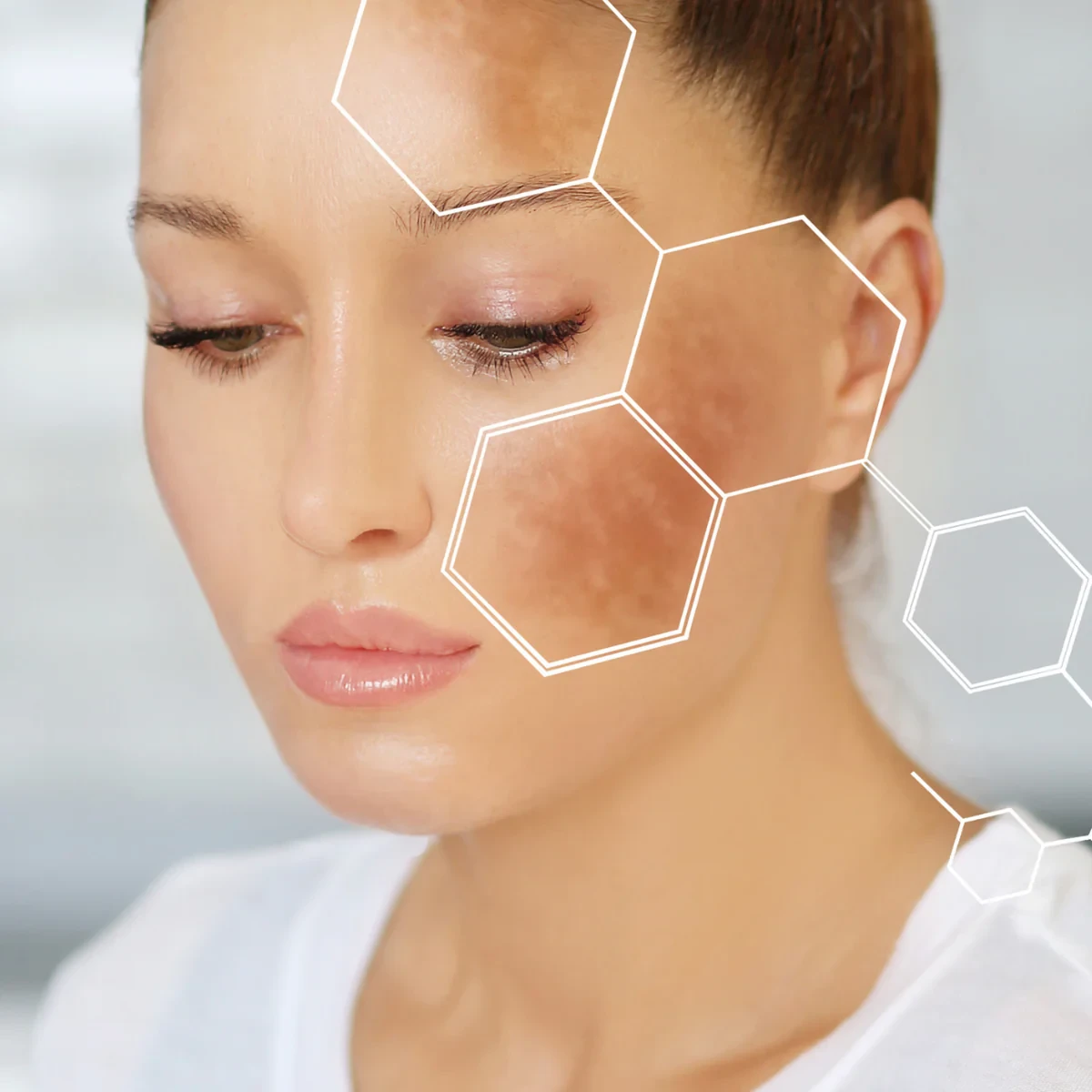Can skincare products cause pigmentation
Yes, skincare products can sometimes cause pigmentation issues, either by triggering hyperpigmentation (darkening of the skin) or, less commonly, hypopigmentation (lightening of the skin). While many products are formulated to treat pigmentation concerns, certain ingredients, improper use, or allergic reactions can lead to unwanted changes in skin tone. Understanding how this happens can help users avoid or minimize the risk.
How Skincare Products Can Cause Pigmentation
Pigmentation changes from skincare products typically occur due to irritation, inflammation, or photosensitivity. The skin responds to inflammation—whether from harsh chemicals, allergic reactions, or physical damage—by producing more melanin, the pigment responsible for skin color. This condition is known as post-inflammatory hyperpigmentation (PIH) and is especially common in individuals with medium to dark skin tones.
One common cause of PIH is the overuse or misuse of exfoliants. Chemical exfoliants like alpha hydroxy acids (AHAs), beta hydroxy acids (BHAs), and retinoids are popular for improving skin texture and tone. However, using these products too frequently or at high concentrations can irritate the skin, leading to inflammation and subsequent dark spots. Physical exfoliants (scrubs with abrasive particles) can also cause micro-tears, leading to a similar effect.
Certain essential oils and fragrances in skincare products can also cause irritation or allergic contact dermatitis, leading to pigmentation issues. Common culprits include citrus oils (like bergamot and lemon), which can increase photosensitivity, making the skin more prone to UV damage and pigmentation if exposed to the sun after application. This condition, known as phototoxicity, can result in blotchy dark spots that are difficult to treat.
Improper use of products with hydroquinone, a skin-lightening agent, can also lead to pigmentation problems. While hydroquinone is effective at reducing dark spots, prolonged use or use of unregulated products can cause exogenous ochronosis, a bluish-black discoloration of the skin. This side effect is more common in people with darker skin tones and typically results from over-the-counter products that are misused.
In contrast, hypopigmentation may occur with aggressive treatments or allergic reactions that damage melanocytes, the cells responsible for pigment production. Some strong peels, laser treatments, or steroid creams can lead to lighter patches of skin if not used appropriately.
Preventing Pigmentation from Skincare Products
To minimize the risk of pigmentation caused by skincare products:
-
Patch test new products before applying them to your face.
-
Introduce actives gradually, especially acids and retinoids, and follow directions carefully.
-
Use sunscreen daily, especially when using products that increase photosensitivity.
-
Avoid known irritants or allergens, especially if you have sensitive skin.
-
Consult a dermatologist before starting potent treatments.
Conclusion
While skincare products are often used to treat pigmentation, they can also contribute to it if misused or if certain ingredients cause irritation or photosensitivity. With proper usage, awareness, and sun protection, most risks can be minimized. Always listen to your skin, and when in doubt, seek professional advice.

Related Blog
What Causes Oily Skin and Can It Be Managed Naturally? Exploring Root Causes and Gentle Solutions
Aug 2, 2025 by Admin
General
What Are the Signs That You Have Sensitive Skin? Key Symptoms to Help You Identify This Delicate Skin Type
Aug 1, 2025 by Admin
General